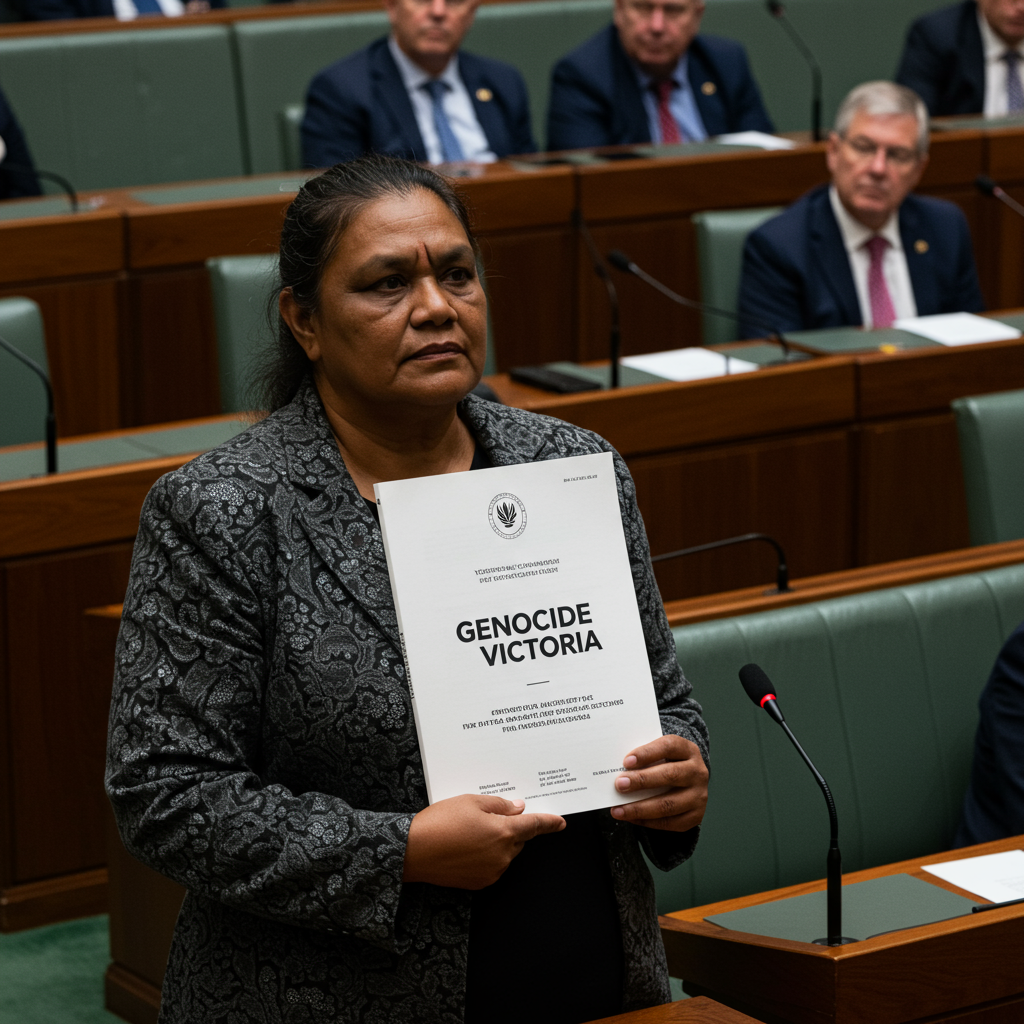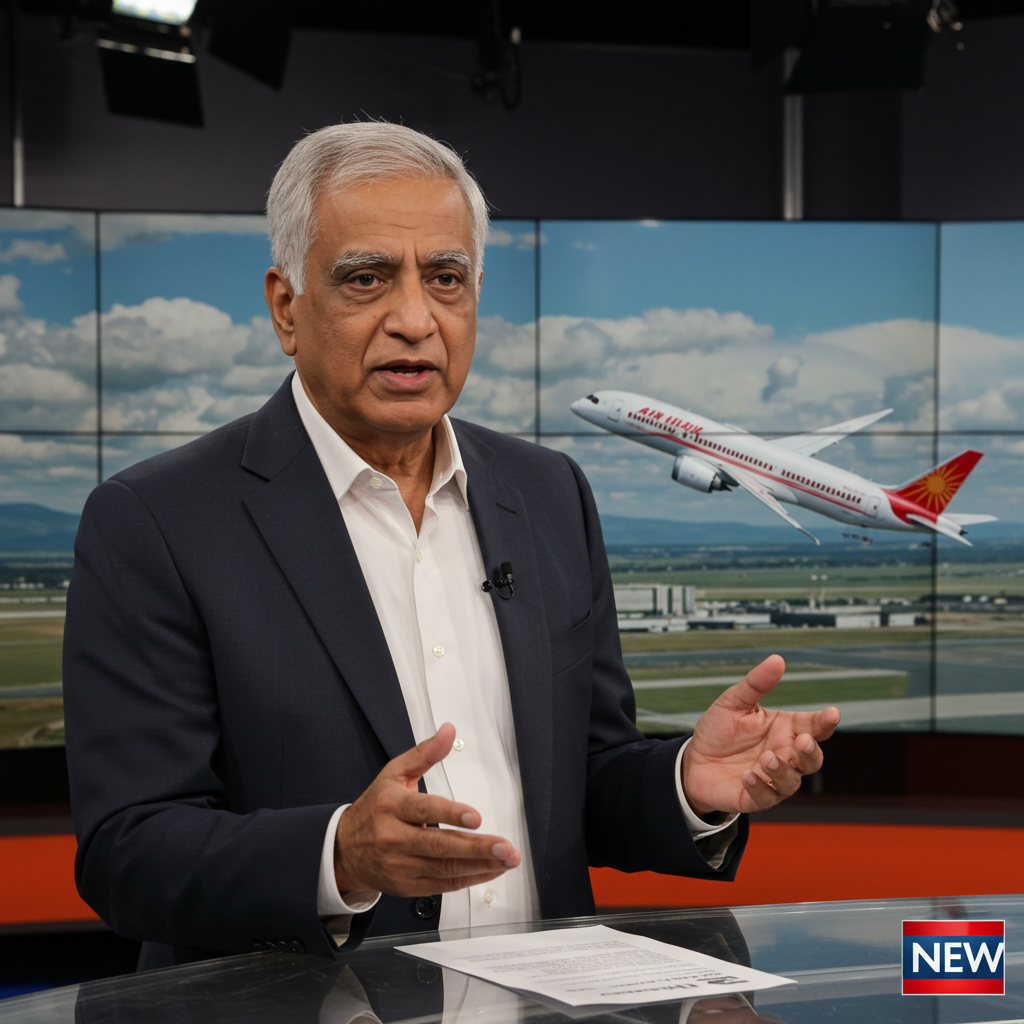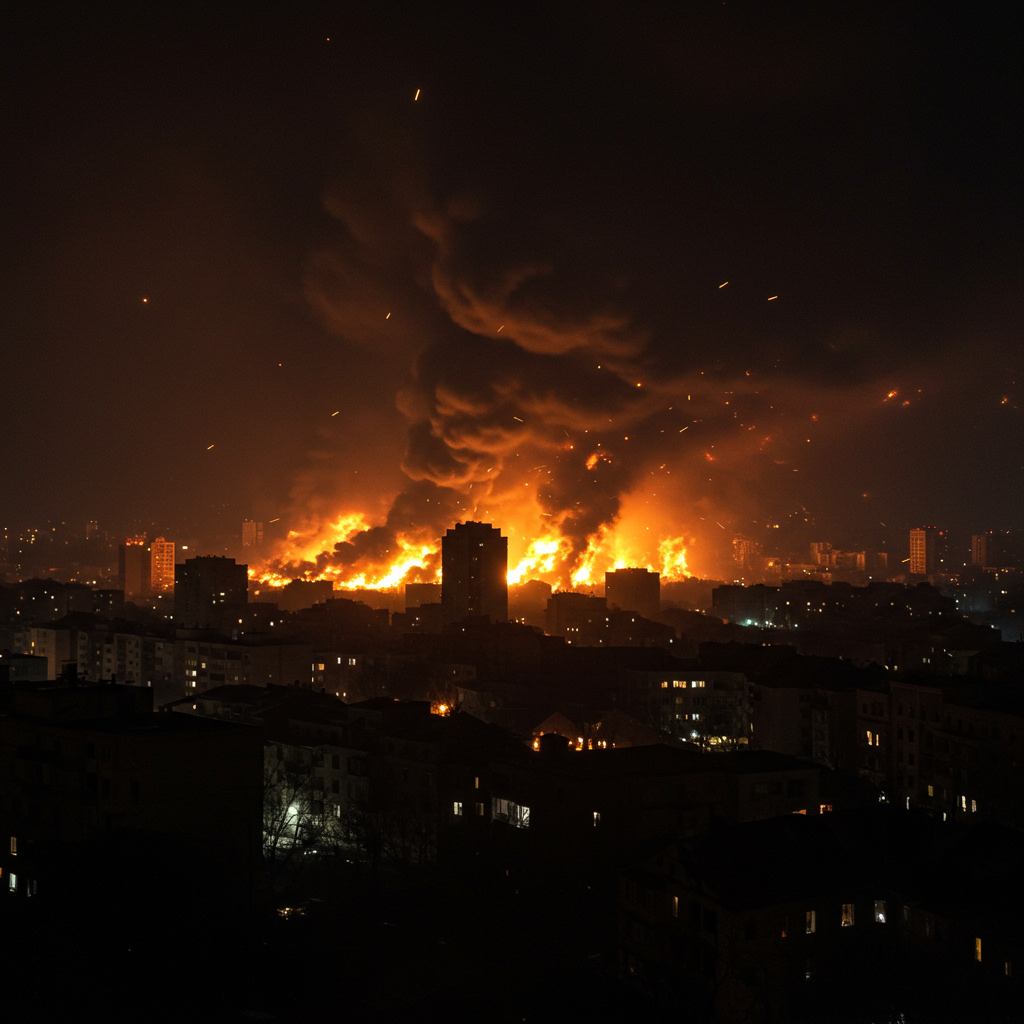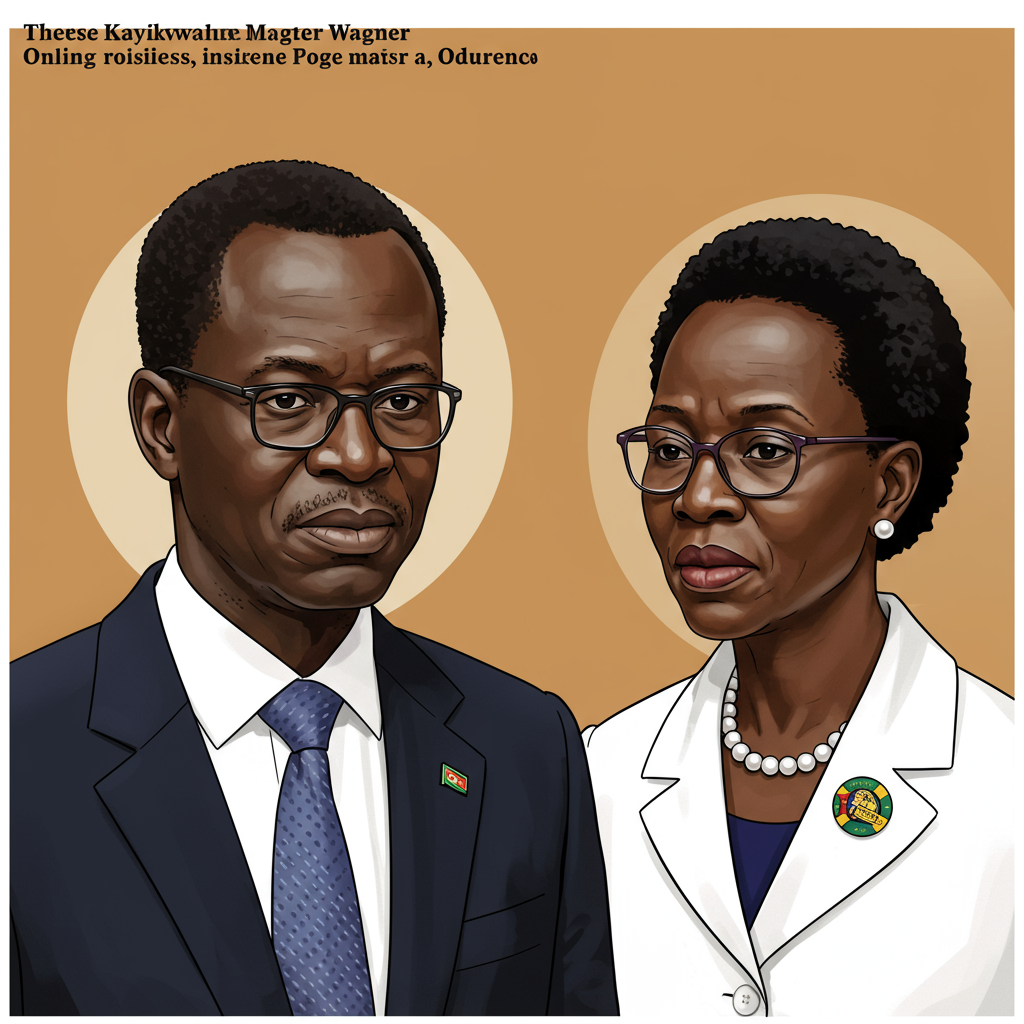A groundbreaking investigation in Victoria, Australia, has concluded that British colonists perpetrated genocide against the state’s indigenous population. This significant finding comes from the final report of the Yoorrook Justice Commission, a truth-telling inquiry led by Aboriginal peoples.
The report, presented to parliament, marks a pivotal moment in acknowledging the devastating impact of colonization. It directly confronts historical narratives, stating unequivocally, “This was genocide.”
Victoria’s Truth-Telling Journey Begins
Established in 2021, the Yoorrook Justice Commission holds the distinction of being Australia’s inaugural formal truth-telling inquiry. Its core mandate was to scrutinize both past and present “systemic injustices” experienced by Indigenous communities within Victoria.
This commission is a vital component of a broader national movement. This movement advocates for a comprehensive reconciliation process with Aboriginal and Torres Strait Islander peoples. Leaders within these communities emphasize that such reconciliation must include thorough historical inquiries, formal treaty-making, and increased political influence for First Nations people.
Over four years, the Yoorrook Commission provided a critical platform. It allowed Aboriginal and Torres Strait Islander individuals to formally articulate their personal stories and lived experiences. This extensive process formed the foundation for the commission’s findings and recommendations.
Unflinching Findings: The Genocide Conclusion
The Yoorrook report provides stark evidence detailing the rapid destruction of Victoria’s Indigenous population following European arrival. It found that within just 20 years of the state’s colonization starting in the early 1830s, the local Indigenous population suffered a catastrophic decline.
Specifically, the population plummeted by three-quarters. An estimated 60,000 Indigenous people lived in the region around 1834. By 1851, this number had drastically reduced to approximately 15,000.
The commission’s report attributes this rapid “near-complete physical destruction” to a wide array of deliberate actions and policies. These were enacted by European settlers and the colonial administration.
Evidence of Intent to Destroy
The report details how a combination of acts contributed to this outcome. These were not random occurrences but part of a sustained pattern of conduct. Under international law, genocide is defined not only by mass killings but also by a range of acts committed with the intent to destroy, in whole or in part, a protected group.
The commission found evidence of such intent through a manifest policy over time. Prohibited acts documented in the report include:
Mass killings and massacres: Direct violence was a significant factor in population decline.
Disease: The introduction and spread of new diseases decimated communities lacking immunity.
Sexual violence: This inflicted severe physical and mental harm.
Exclusion: Policies and practices marginalized Indigenous people from their lands and resources.
Linguicide and Cultural Erasure: Deliberate attempts were made to suppress and destroy Indigenous languages and cultural practices.
Environmental Degradation: Destruction of traditional lands impacted food sources and way of life.
Child Removal: Forcibly separating children from their families was a direct act aimed at breaking kinship ties and cultural transmission.
Assimilation policies: These sought to absorb Indigenous people into European society, destroying their distinct identity.
These actions, viewed collectively, constituted “genocide, crimes against humanity, and the denial of freedoms,” according to the commission.
The Lingering Shadow: Colonial Legacies Today
The Yoorrook Commission’s report emphasizes that the historical injustices of the colonial era are not confined to the past. They have direct and profound consequences for Indigenous people in Victoria and across Australia today.
Despite having inhabited the continent for over 60,000 years, Aboriginal and Torres Strait Islander peoples currently constitute less than 4% of Australia’s total population. The report highlights significant present-day disparities that it links directly to colonial practices and state-sanctioned exclusion.
Current statistics paint a grim picture. Indigenous Australians experience life expectancies approximately eight years shorter than other Australians. They face poorer educational opportunities and outcomes. Furthermore, they are significantly more likely to be incarcerated or die in police custody.
The commission argues forcefully that “current economic disparities and barriers to First Peoples’ prosperity are direct legacies of colonial practices and state-sanctioned exclusion.” This ongoing impact underscores the urgency of addressing the historical wrongs identified in the report. The survival and resilience of Indigenous peoples do not negate the historical intent to destroy them.
Path Forward: 100 Recommendations for Redress
In response to its extensive findings, including the conclusion of genocide, the Yoorrook Justice Commission has put forth a comprehensive plan for repair and reconciliation. The report includes 100 specific recommendations. These are aimed at achieving “redress” for the immense damage and loss inflicted upon Indigenous peoples through “invasion and occupation.”
These recommendations cover a wide spectrum of areas impacted by historical and ongoing injustices. The proposed measures are intended to acknowledge human rights violations and lay the groundwork for a more just future.
Key types of redress and systemic changes recommended include:
Government Compensation: Calls for financial reparations to Indigenous communities to address historical economic disparities and losses.
Restitution of Lands and Waters: Urges the return of traditional lands, waters, and natural resources to Indigenous ownership and control.
Education System Overhaul: Recommends significant reforms to incorporate greater input, perspectives, and histories from Indigenous people into the curriculum and governance.
Addressing Health Disparities: Calls for increased funding for Indigenous health services, policies to combat “endemic” racism within the health system, and initiatives to boost the number of Aboriginal staff.
- Apology for Soldiers: Recommends a formal government apology to Aboriginal soldiers who served during the world wars but were unjustly excluded from land schemes available to other returning service members.
- www.bbc.com
- www.scmp.com
- www.channelnewsasia.com
- theconversation.com
- www.npr.org
The report drew upon a vast body of evidence. This included more than two months of public hearings and over 1,300 submissions from individuals and organizations.
Response and Reactions to the Report
The presentation of the Yoorrook Justice Commission’s report has elicited various responses. While the findings are seen as a significant step towards truth, they also highlight existing complexities and disagreements.
Notably, the report mentioned internal dissent. Three of the five commissioners – Sue-Anne Hunter, Maggie Walter, and Anthony North – reportedly “did not approve of the inclusion of the key findings in the final report.” However, specific details regarding their reasons for disagreement were not provided in the available information.
Victoria’s Labor government acknowledged the commission’s work. Premier Jacinta Allan stated the government would “carefully consider” the findings. She added that the report’s conclusions “shine a light on hard truths and lay the foundations for a better future for all Victorians.”
An Indigenous leader strongly affirmed the report’s central finding. Jill Gallagher, who heads Victoria’s peak body for Aboriginal health and wellbeing, described the genocide conclusion as “indisputable.” She emphasized that current generations are not blamed for past atrocities. However, she stressed the collective responsibility of all Victorians today “to accept that truth – and all Victorians today must accept, recognise and reconcile with these factual findings.”
Broader National Context
The Yoorrook Justice Commission’s report is presented as the first inquiry of its kind in Australia to reach this specific finding on genocide at a state level. However, similar truth-telling initiatives are underway in other Australian states and territories. Progress on these varies, often influenced by the political party in power.
For instance, a truth-telling inquiry in Queensland was reportedly cancelled following a change in state government.
The national conversation around recognizing Australia’s traditional owners at all levels of government has become increasingly prominent and, at times, contentious. This was highlighted by the outcome of the October 2023 national referendum. Australian voters rejected a proposed change to the constitution that would have created an Aboriginal and Torres Strait Islander Voice. This national body would have been tasked with providing advice on laws and policies affecting Indigenous people.
The Yoorrook report arrives amidst this complex national dialogue. It adds significant weight to the calls for a deeper engagement with Australia’s colonial past and its ongoing impacts.
Frequently Asked Questions
What did the Yoorrook Justice Commission find regarding genocide?
The commission’s final report concluded that British colonists committed genocide against the Indigenous population in Victoria, Australia. It found that violence, disease, mass killings, forced child removal, cultural suppression, and assimilation policies led to a three-quarters reduction in the Indigenous population within 20 years of colonization starting in the 1830s, explicitly stating, “This was genocide.”
What kind of recommendations did the report make for redress?
The report included 100 recommendations aimed at “redress” for historical harm. Key recommendations include government compensation and the restitution of traditional lands, waters, and resources to Indigenous communities. It also called for significant reforms in the education and health systems to address systemic issues and incorporate Indigenous perspectives and staffing.
Why is this finding of genocide considered significant?
This finding is significant because it comes from Australia’s first formal Aboriginal-led truth-telling inquiry and is a government-backed conclusion. It directly challenges historical narratives and frames the atrocities of colonization within the legal definition of genocide. Furthermore, the report explicitly links historical actions to ongoing disparities faced by Indigenous Australians, demanding substantial government action and reconciliation.
Conclusion
The Yoorrook Justice Commission’s finding that British colonists committed genocide against Indigenous Australians in Victoria is a landmark moment. It stems from a comprehensive truth-telling process that centered the experiences of Aboriginal peoples. The report not only details the devastating historical actions that decimated populations and destroyed cultures but also powerfully links these past injustices to the systemic disparities Indigenous communities face today. With 100 recommendations for redress, including calls for compensation and land return, the report lays bare the urgent need for fundamental change and a genuine reckoning with Australia’s colonial history. While the path to reconciliation remains complex, marked by ongoing national debates and internal disagreements, the Yoorrook report provides an essential, unvarnished truth that demands to be acknowledged and acted upon for a just future.




